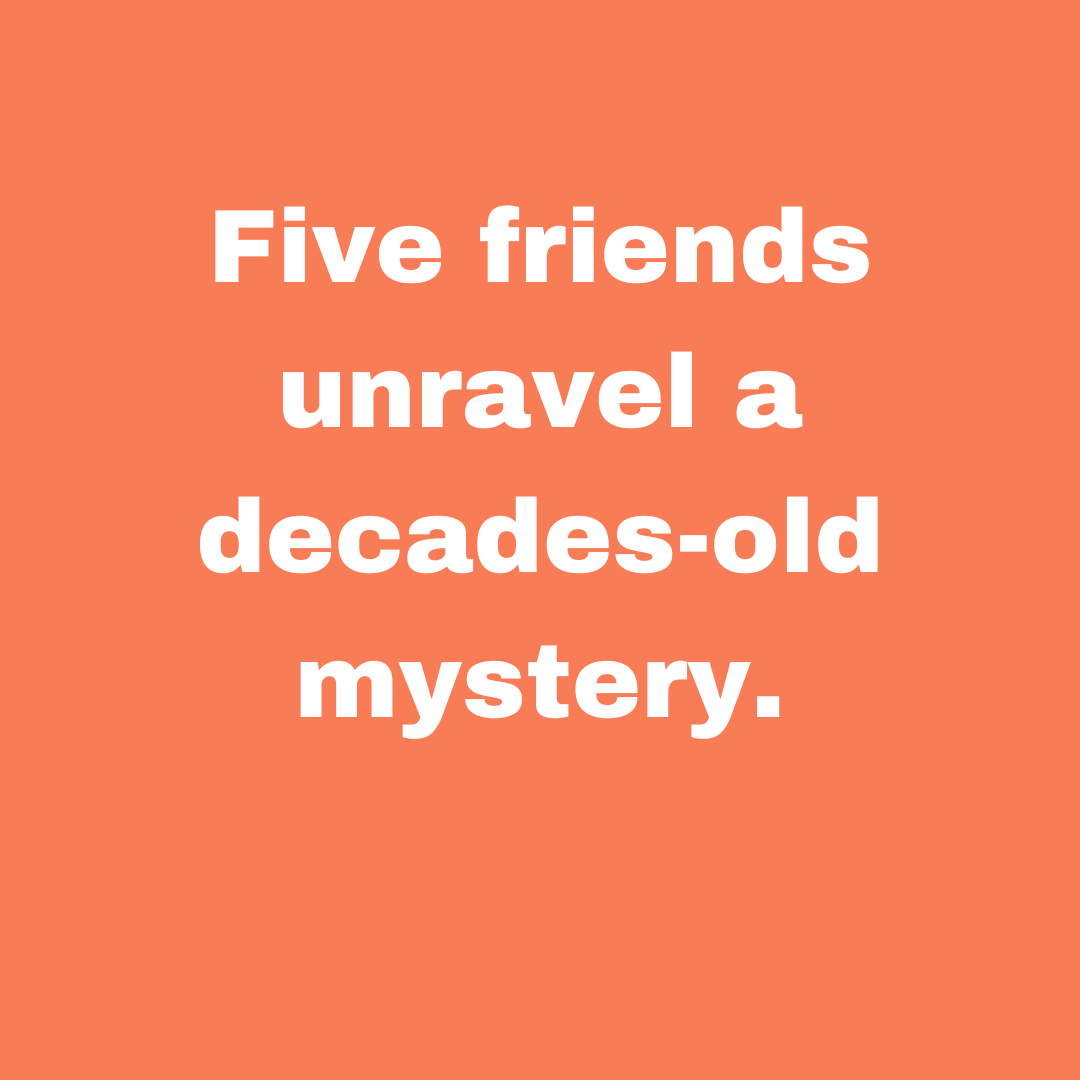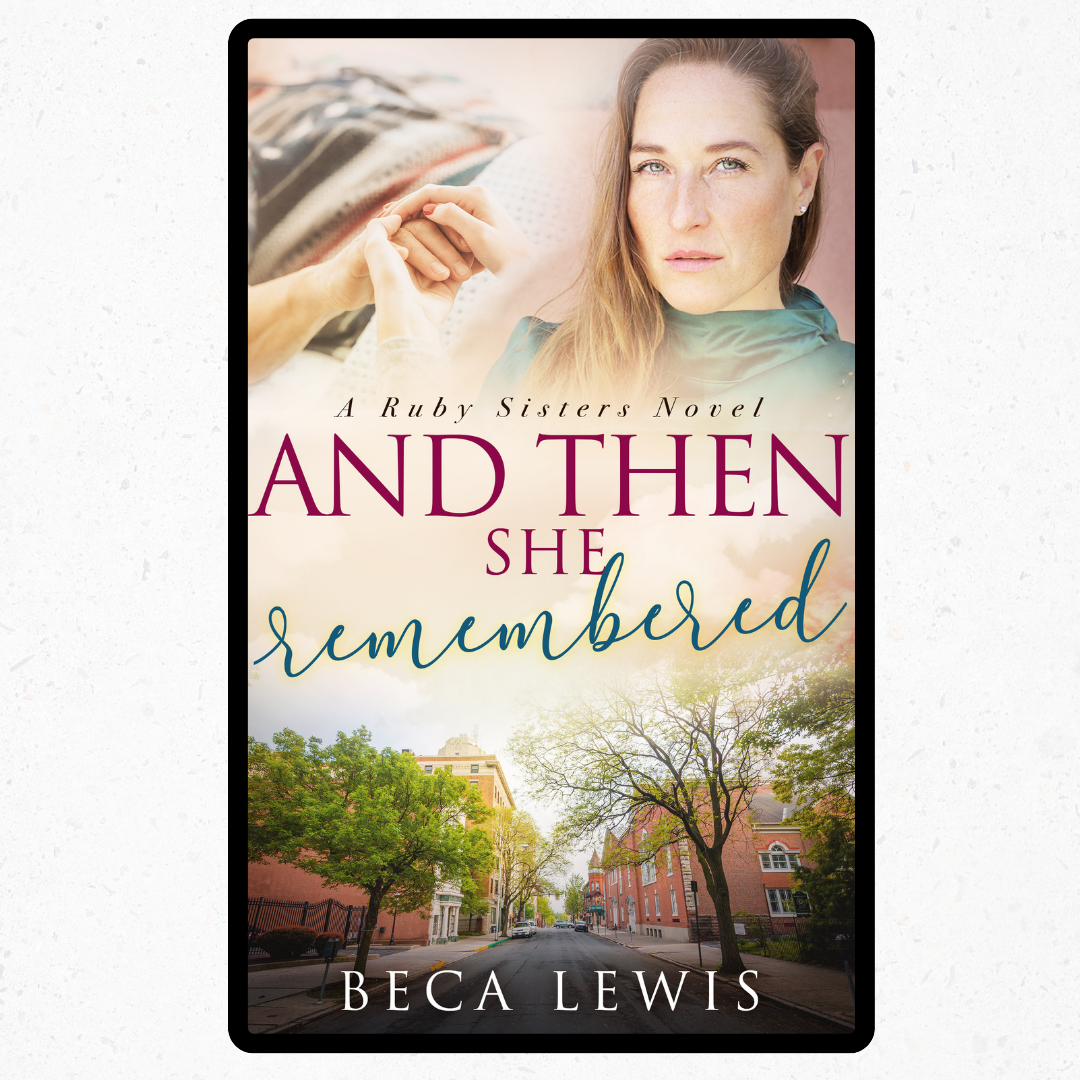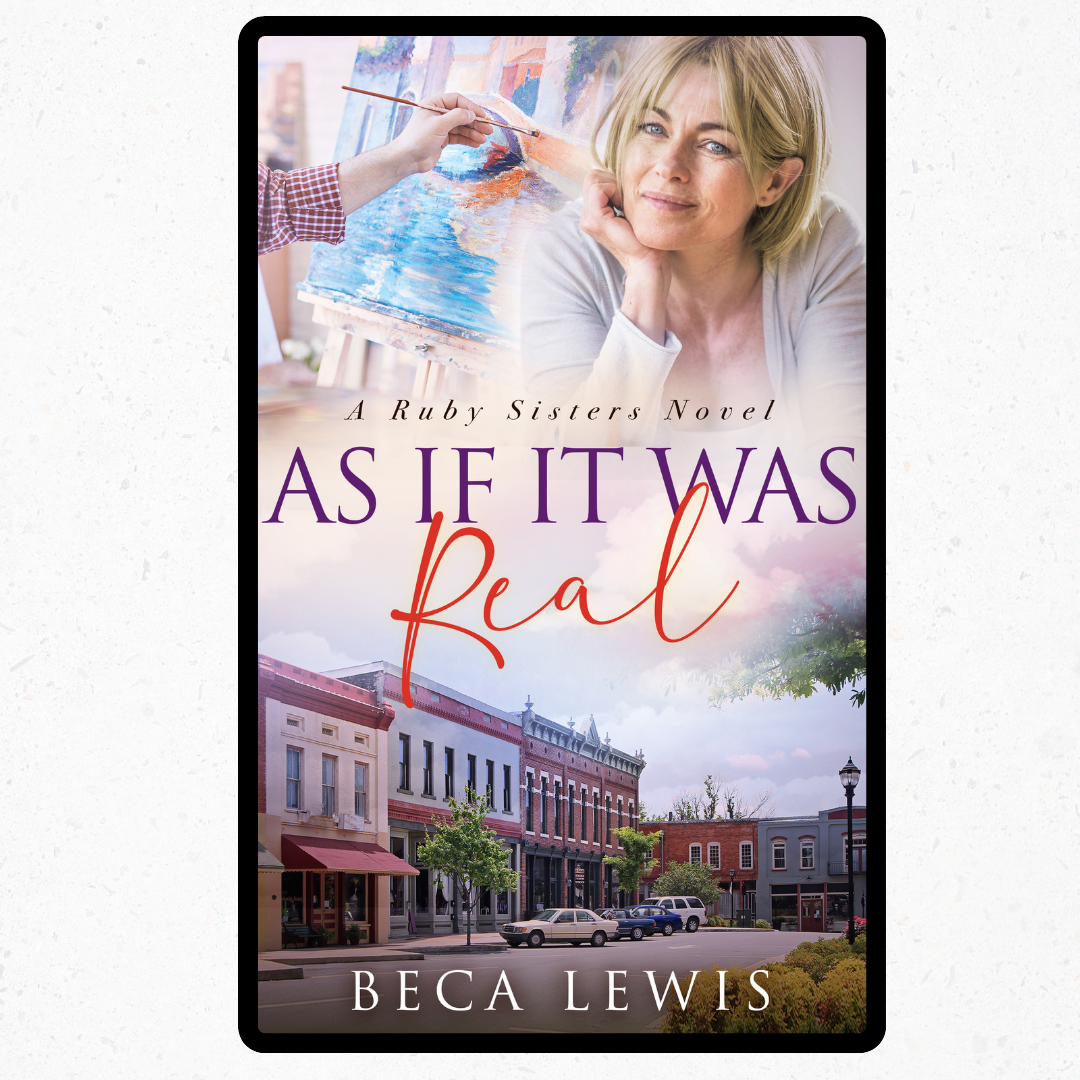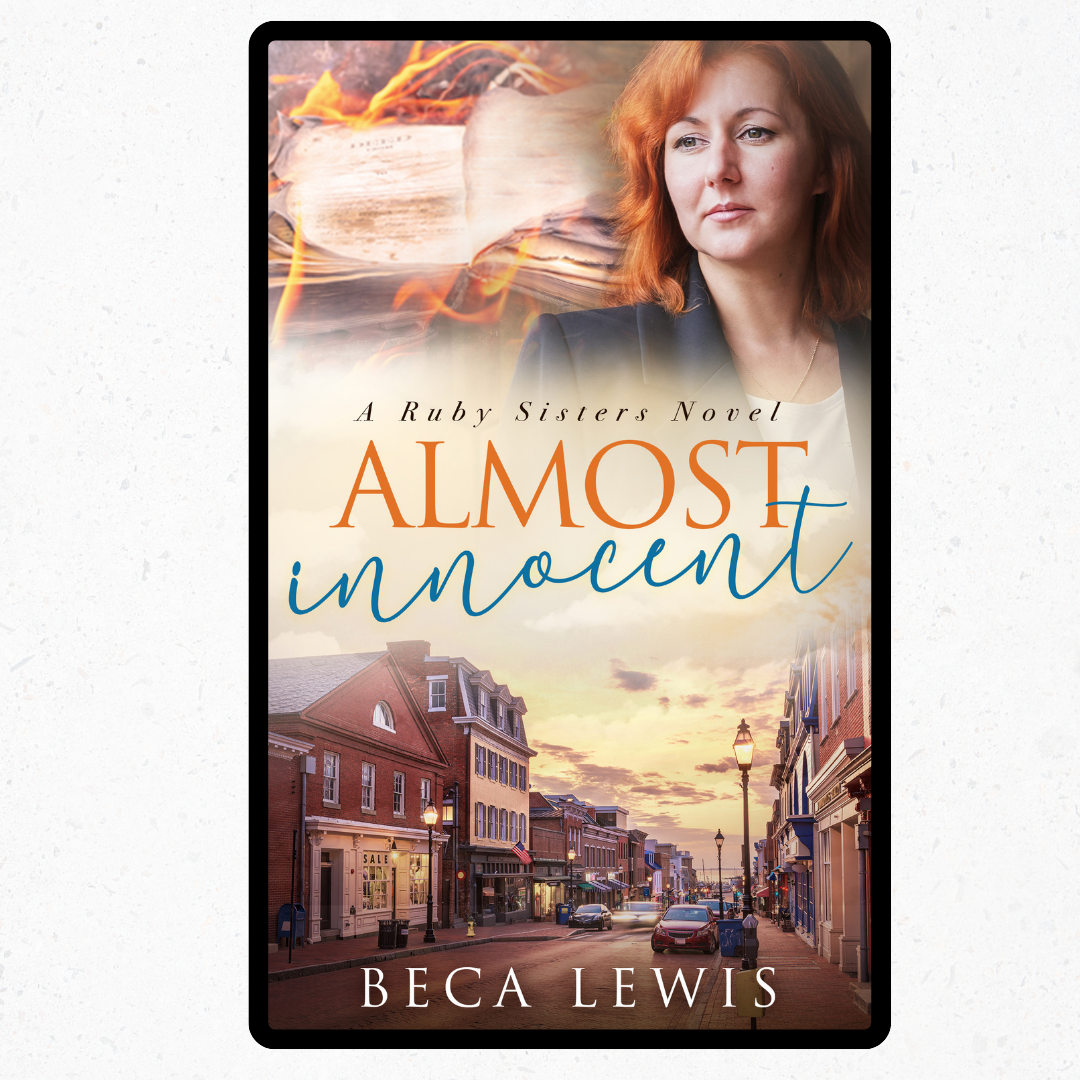
A Last Gift - Book 1, Audio
Book 1: A Ruby Sisters Series
Bree Mann, a successful romance author, is expected to live a long, quiet, and happy life with her beloved husband, Paul.
Instead, cancer steals Paul’s life, and Bree retreats into a deep, dark depression.
A month later, a letter arrives from Paul, sending Bree and her four childhood friends on a scavenger hunt, forcing them to confront Paul's past and uncover secrets and lies that change their lives forever.
Was Paul’s last gift a blessing or a curse? Will Bree be able to build a new life, or will the death of her husband be the end for her?
Take this journey with the Ruby Sisters from the small Pennsylvania town of Spring Falls as they recover what they have lost and become more of who they are.
As soon as your order is confirmed you will receive an email from BookFunnel with a link to your audiobook(s). It should arrive at almost the same time as your confirmation email from this store.
If you haven’t received your email containing your audiobooks within ten minutes, please check your spam folder.
- Install the BookFunnel app on your Android, iOS, or Amazon Fire device.
- When you complete your order, you will receive an email from Bookfunnel titled "Here's <audiobook> by Beca Lewis". In this email will be a link to download the bookfunnel app, and simple instructions on how to add your new audiobook to your app.
- Open the app and tap Start Listening!
You can also listen in your browser for select titles from your BookFunnel Library.
What do I do if I need help?
The friendly folk at BookFunnel are extremely helpful and a link to get support will be in your email along with your audiobook(s).
Genre:
Target audience:
Language:
Listening time:
Narrator:

This is a marvelous story of women who come to be sisters, lost track of one another, then reconnected in a powerful way. I loved each of them, unique in their own way and I loved the way they rallied around Bree when she needed them most. A powerful story about the gift of love, forgiveness and hope. Highly recommended.
This book is one of those stories that compel you to keep reading, even when other demands show up wanting to pull you away and tend to them. I felt compelled to keep reading to learn what would happen next. What a delightful story filled with characters I'd like to have all as friends. Part mystery, part love story, part just plain good story telling. .All the characters are people I'd love to meet and know! I was reluctant to have this story come to an end but leaves me already looking forward to the next story in this series. At least I hope it will be a series. Loved it!
This is a beautiful book. A story of love, heartache, friendship, mystery. Friendships renewed after many years. True friendships never die.
What a lovely heartwarming story. I was hooked from the beginning. It made me laugh, cry and everything in-between. I just wish there was a sequel....or is there....I'm off to have a look
Well written story of friendship, loyalty, love, and commitment of The Ruby Sisters friendship. This story is a page turner as I just had to find out what would happen next. Looking forward to reading book two.
The Ruby Sisters Series


About The Author
BECA LEWIS thinks the world is not what it looks like, so she spends her time looking for what isn’t always visible. Addicted to reading from childhood, she thought that the worlds she read about were real. Now she asks, who says they are not?
Beca writes and coaches on shifting the story from her home in Ohio, where she lives with her husband and bunches of birds, trees, flowers, and squirrels.
She says they know more than she does about what is real, and what is not.
FAQ
Questions?
How Do I Get My Audio Book?
Watch for an email from Book Funnel. It will have your audiobook link and instructions on how to get it.
Do you ship overseas?
Yes, we ship all over the world. Shipping costs will apply, and will be added at checkout. We run discounts and promotions all year, so stay tuned for exclusive deals.
How long will it take to get my orders?
It depends on where you are. Orders processed here will take 5-7 business days to arrive. Overseas deliveries can take anywhere from 7-16 days. Delivery details will be provided in your confirmation email.
Any other questions?
You can contact us through our contact page! We will be happy to assist you.









